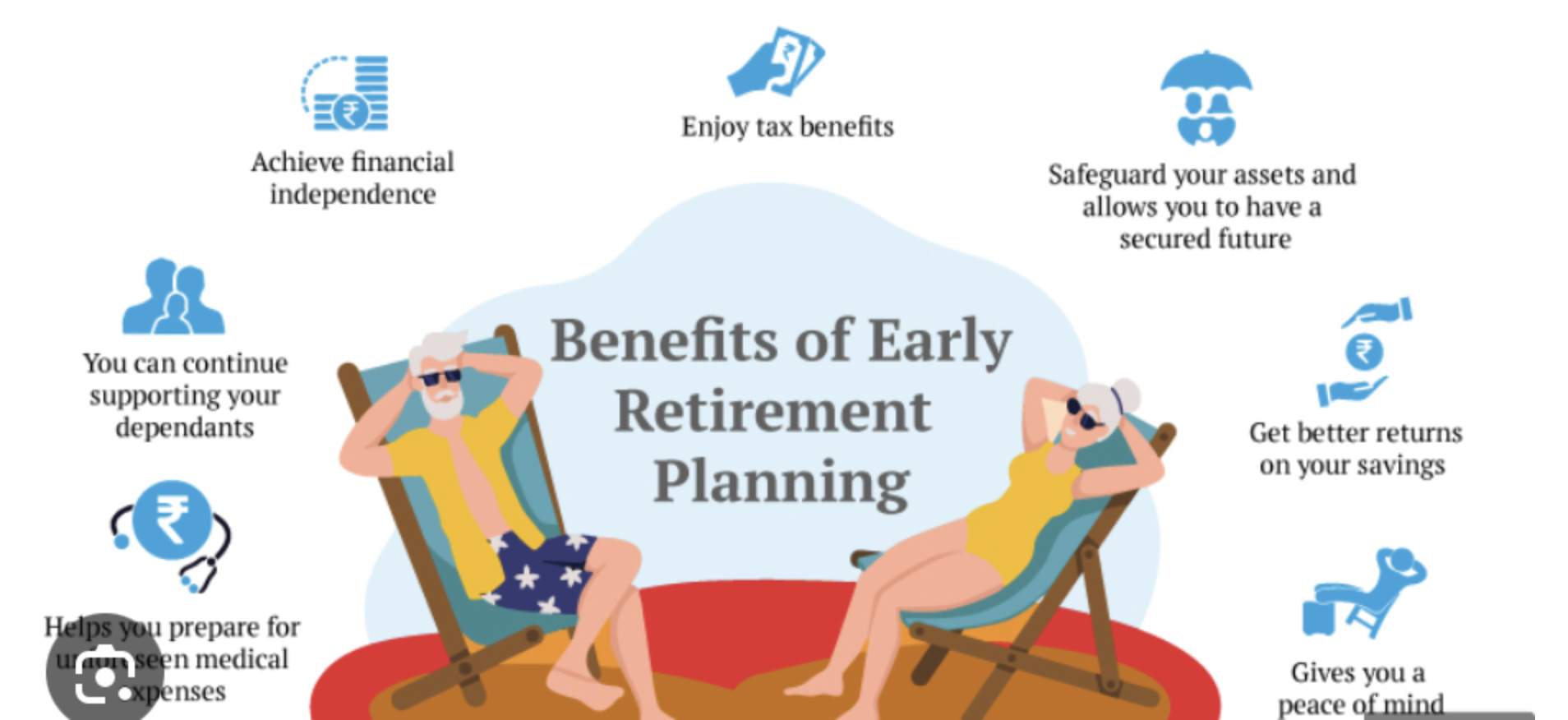September 11, 2023

(TO RETIRE OR NOT TO RETIRE)
September 11, 2023
Hello everyone,
We all think about it sometimes – retiring. What we would do, how we would spend our time, places we would see, hobbies we would take up, and causes we would support and become involved in.

But sometimes I hear that the reality doesn’t measure up to our idealized vision of the future.
One of the biggest cons I hear about is the loss of meaning in a person’s life. People retire and they think “now what”. Some people move into another career, with far less stress, while others have trouble finding that sense of peace and joy they were aiming for when they retired. This can lead to negative effects on mental health. Of course, then there could also be many years of low income, which limits the choices available to the retiree.
However, there are some studies that suggest that retiring early can actually lengthen your life. In a 2017 study in the Journal of Health and Economics in Amsterdam economists showed that male civil servants over the age of 54 who retired early were 42% less likely to die over the subsequent five years compared to those who continued working. The reasons were twofold: retiring frees you up allowing you more time to concentrate on and invest in your health. That could be sleeping more, exercising more, or addressing health issues promptly by seeing your GP. And secondly, work can be stressful, and retirement can alleviate that stress. We all know that stress can lead to hypertension, a risk factor for various potentially fatal conditions. Positive health effects of retirement have also been found by studies using data from Israel, England, Germany, and other European counties.
I think we would all agree that doing some sort of work gives your life meaning and purpose. Advice from a Japanese doctor and longevity expert who lived until 105 is “Don’t retire.”
Being in a work environment can keep your mind and, in some cases, your body active. If you work alongside others, that might also provide a sense of belonging. Social isolation is linked to cognitive decline and even death. Working can offer people a sense of purpose, which has a host of health benefits, including a healthier heart and lower risk of dementia. One study found that the longer you work, the lower your risk for dementia.
Of course, you have the option of volunteering after you retire. Sharing your skills with those who need your help. This can be very fulfilling work and can benefit you immensely because you are supporting a cause you are passionate about.
For those who choose to retire early, you need to keep challenging your mind. Learning a language or learning a new technology will keep your cognitive ability alive and well.
Leaving your job can come at a cost, but it does give you more free time. There are always trade-offs. If you spend that time wisely, you might be able to prolong your life.
Enjoy your week.
Cheers,
Jacquie



